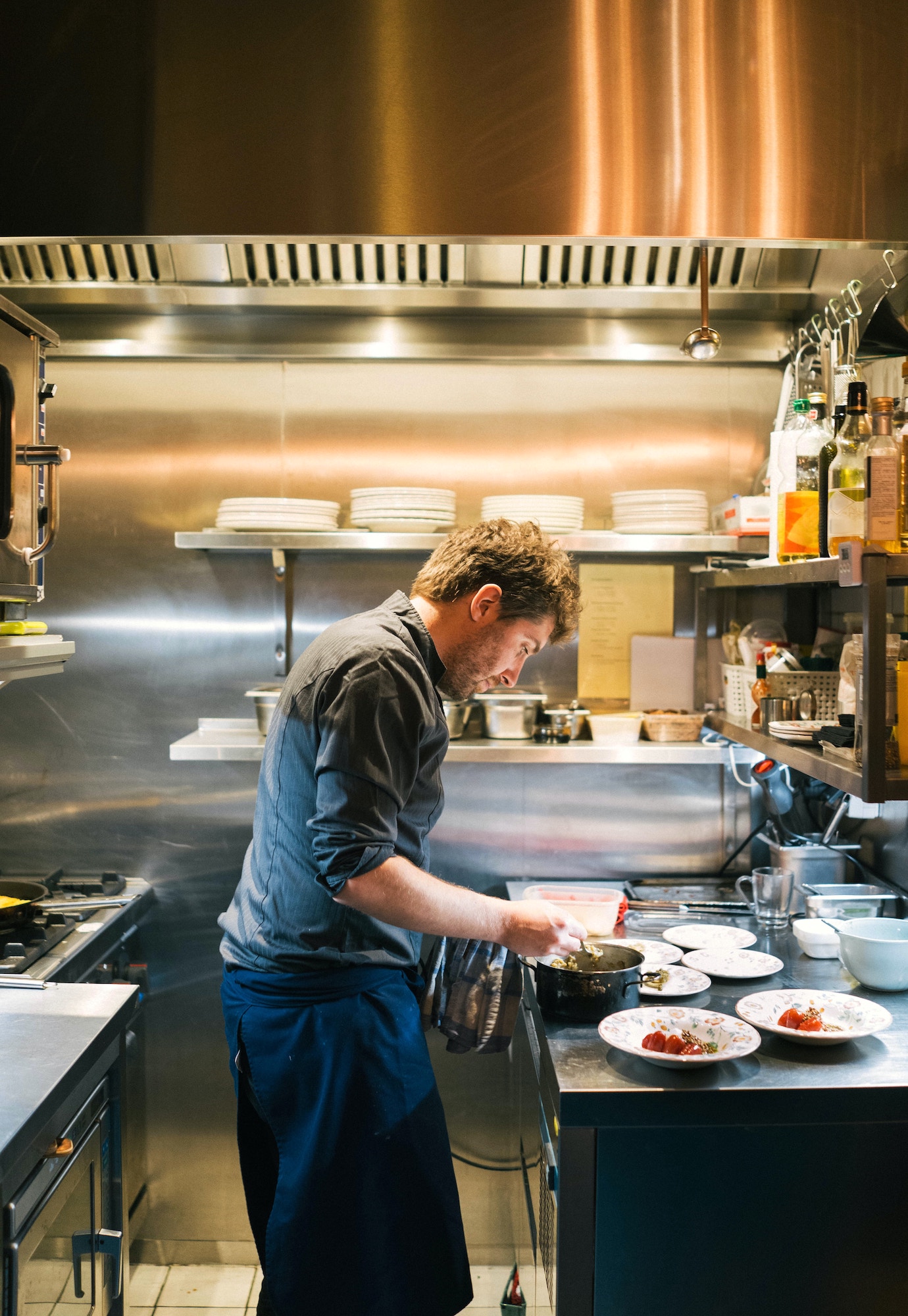We’ve seen it in TV and movies, our parents have already done it, and we’ve likely done it ourselves—sometimes, the food you get in a restaurant is just not what you wanted it to be, so you send it right back to the kitchen to make it better.
While there are a lot of good reasons to send your food back, and you certainly have a right as the customer to request a change from the kitchen, not all reasons are created equal. Some Karens may send it back just because the taste wasn’t what they were expecting, which is totally not a valid reason to hassle the kitchen.
Just a refresher, here are the only valid reasons you can have the chef fix your order (arranged in a subjective ascending order of validity):
The food is tough to eat
As mentioned, you can’t just send a plate back if you don’t agree with the taste. You can try, especially if it’s too much for you, but even that can be considered subjective. However, sometimes the food might have been really prepared wrong, likely unintentionally, and if it really is difficult to eat (e.g. it’s too salty, the meat is undercooked, the texture isn’t what it’s supposed to be) you can call for the chef and have them clarify how it’s supposed to taste and feel.

If there’s something on the food
Sometimes, you just can’t avoid having a strand of hair on the food you’re making. It happens, but while it can be passed off as something harmless, others might be a little squeamish to tolerate it. That’s totally fine, but this isn’t the most pressing reason to do it—unless it’s an insect that can really contaminate the food.
If the food is cold
Nobody likes a lukewarm, room temperature dish—and worse, nobody likes it when it’s already getting frigid. Sometimes this is a personal preference that makes the eating feel weird, but a lot of times this could affect the overall experience, especially the intended taste. There are also times it could be dangerous, especially if it’s meat or soup that needs to be hot enough to be safe. However, a good number of times it’s also just you forgetting to eat it right away, but reheating it is simple enough.
Don’t forget to be polite and respectful to your server. They didn’t make your food—they’re just your messenger, so don’t take it out on them. They’re just there to help you have a good dining experience.
If the food isn’t prepared the way you ordered it
Mistakes can be made with your food, and sometimes it’s really not what you asked for. The biggest offender of this are meats—especially beef with its levels of doneness. There are subtle lines between doneness and depending on how much you paid for it and how discerning your palate is, it is pretty valid to send it back especially if you’re spending a lot and want it exactly a certain way. The other extreme of this example is when the food is undercooked, like when the chicken comes out still bloody; that’s already unsafe, and the chef will agree that it has to be fixed.
If the kitchen got your order wrong
The worst offense—the food you got is simply not what you ordered at all. It can be as innocuous as some parts of it being wrong, such as sides or sauces, or it’s the completely wrong menu item. We don’t think this warrants any further explanation, especially if it will cost differently in the final bill.
When it’s time to send the food back to the kitchen
When you do have to resort to the unenviable task of having to send your food back, here are some important tips on making the request properly
- Don’t forget to be polite and respectful to your server. They didn’t make your food—they’re just your messenger, so don’t take it out on them. They’re just there to help you have a good dining experience; if anything, they are your biggest allies in the restaurant, so apply more than a little finesse in interacting with them.
- Be specific about what is wrong with your food. You want it to be fixed, so you cannot be vague or else the chef and kitchen will not know how to fix your food. You don’t want to be the bad client or customer who’s just complaining to vent their frustrations out.
- Don’t be afraid to ask for a refund or a replacement meal. If your food is truly unacceptable, you have every right to ask for your money back or a new meal. But do it nicely. Firm, but nicely. The crew is likely exhausted from working hard in the back, and you may get so much more from the restaurant’s service if you’re amicable about it.
Hopefully you don’t have to send anything back at all from here on out, but with these tips, you can be a great customer the next time it happens. You may even walk away with even better service than you expected.